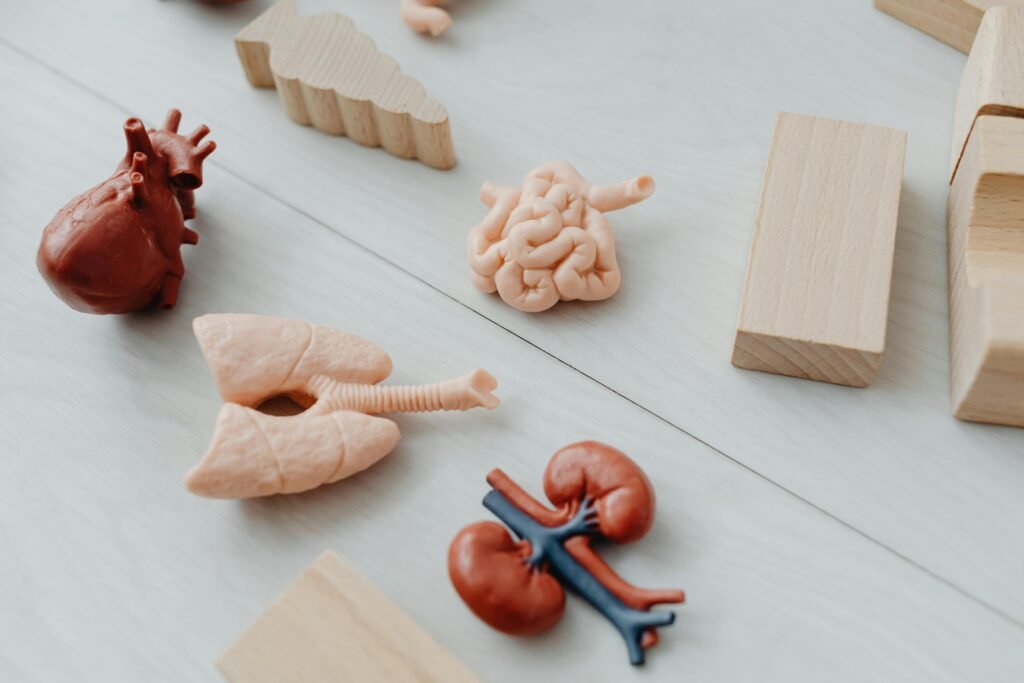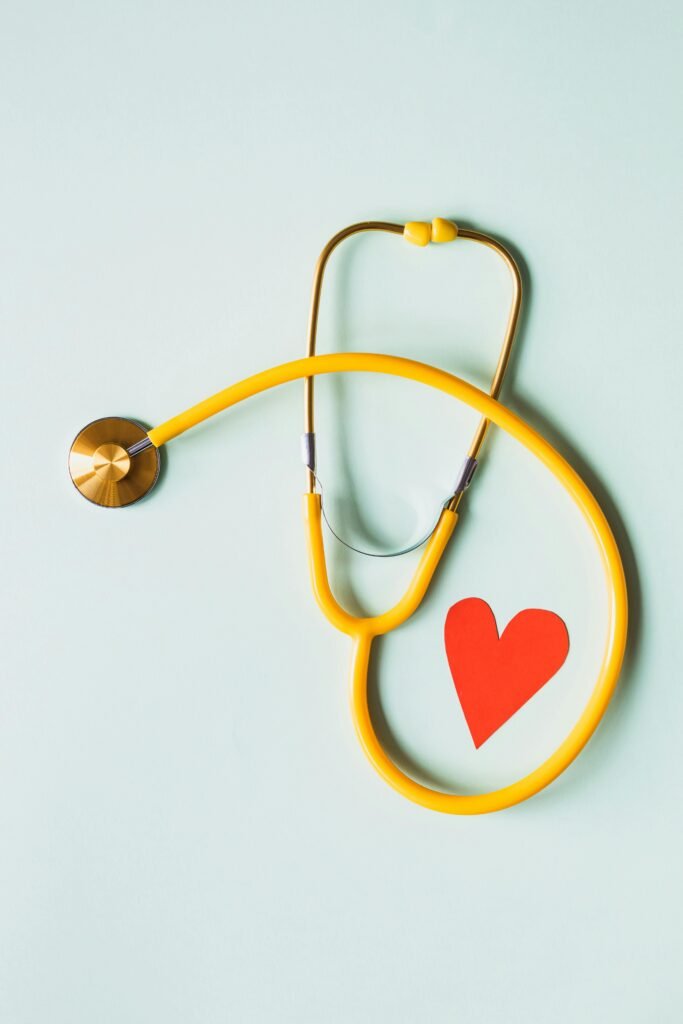Hypertension is one of the major health concerns plaguing people across Indian society today. From the young to the old, the condition has spared no one. For some, it is an unwanted inheritance from their parents, while for others it might be a product of their lifestyles. Regardless of the cause, hypertension is a major health concern and should be treated as such by us.
Hypertension Chief Complaints: Definitions and More
As a doctor, I see quite a few people misinterpret the implications of hypertension. At its core, Hypertension can be defined as a chronic condition that results in high blood pressure in a person. When detected early, hypertension can be managed with the help of medication and lifestyle modifications. However, if left untreated, hypertension can lead to multiple other complaints.

Is Hypertension an Isolated Condition?
This is where most of us slip up. Hypertension is not an isolated condition. In fact, if left untreated, hypertension can lead to multiple complications, some of which can even be life-threatening. The key to preventing this is having regular full-body check-ups and consulting your doctor often.
The chief complaints associated with Hypertension
There are quite a few conditions that can be traced back to hypertension. These can range from minor inconveniences to major health issues. The chief complaints arising from untreated hypertension can include:
- Severe Headache: A lot of patients complain of annoying pain in the back of the head (occipital headache). This is something that is often associated with chronically high blood pressure.
- Fatigue: Hypertension can also cause you to feel more fatigued and even result in momentary spells of confusion or dizziness. This can significantly affect a person’s quality of life.
- Vision Problems: Hypertension can really mess up your vision. It can cause issues like blurred vision, eye pain, and in some severe cases subconjunctival hemorrhage (which can lead to red-colored bruises appearing).
- Chest pain and Discomfort: Continuous and untreated hypertension can lead to regular chest pain and a person feeling significantly uncomfortable all around their chest.
- Breathing difficulty and quick exhaustion, accompanied by irritability and a sense of boredom.
- Occasional irregular or skipped heartbeats, sometimes accompanied by palpitations.
- The presence of red urine due to bleeding causes significant fear and concern for the patient. This can often be attributed to hypertension.
- Many patients first discover they have hypertension due to nasal bleeding, prompting them to seek medical advice immediately.
Treatment for Hypertension
One of the universally accepted ways to manage hypertension involves lifestyle change and healthier practices. These include:
- Consuming a healthy diet with a focus on less salt in the dishes.
- Indulging in regular exercises and physical exertion.
- Losing weight if needed or maintaining it in other cases
- Limiting alcohol consumption (abstinence is recommended)
- Quitting smoking
- Getting 7 to 9 hours of sleep daily without fail
While lifestyle modifications are immensely helpful in managing hypertension, they might not always be enough. If your hypertension needs further management, your medical practitioner may prescribe some other methods to manage your bloog pressure.
Medications
The type of medication used to treat hypertension depends on your overall health and the severity of your blood pressure. Often, a combination of drugs works better than a single medicine. It may take time to find the most effective treatment. Common medicines used to manage high blood pressure include:
Diuretics (Water Pills): Help remove sodium and water, often the first choice for treatment. Types include thiazide, loop, and potassium-sparing diuretics like chlorthalidone and hydrochlorothiazide (Microzide). A side effect is increased urination, which can lower potassium levels.
ACE Inhibitors: Help relax blood vessels by blocking a natural chemical that narrows them. Examples include lisinopril (Prinivil), benazepril (Lotensin), and captopril.
ARBs (Angiotensin II Receptor Blockers): Block the action of the chemical that narrows blood vessels. Medications include candesartan (Atacand) and losartan (Cozaar).
Calcium Channel Blockers: Relax blood vessel muscles and sometimes slow heart rate. Examples include amlodipine (Norvasc) and diltiazem (Cardizem). Avoid grapefruit products when using these medications.

Doctor’s Note – Impact of Hypertension on Kidney Health
In my experience as a nephrologist, hypertension has a critical effect on a person’s kidney health. A lot of individuals who come to me with nephrological issues can usually trace back the beginning of their problems to hypertension. The main risk of hypertension and kidney health problems is the constricting of blood vessels in the kidneys. Over time, this can affect how the kidneys work and reduce their functioning. This can lead to multiple other complications. So, the motto is always, a healthy heart for a healthy kidney!
